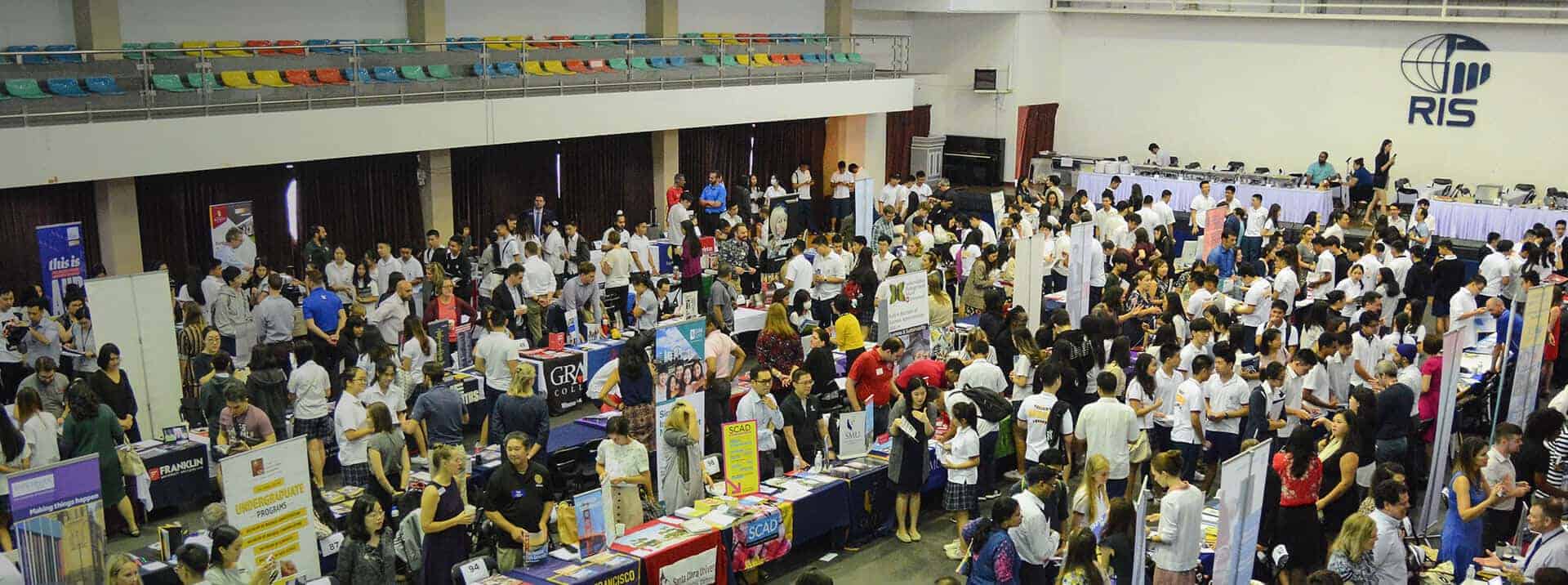Before heading into their final exams, a group of graduating seniors took time to share their insights and top tips with younger high school students about the college application process. These students had experienced a wide range of application journeys—some filled with early successes, others with unexpected challenges. Each was invited to share their most important takeaway to help guide the next class of applicants.
Key Takeaways from Seniors
One student emphasized the importance of making university decisions based on personal fit rather than prestige. “The name on the degree matters less than how happy and successful you’ll be there,” he said, encouraging students to explore campus culture, location, cost, and community. His advice: join university groups online, talk to admissions officers, and connect with alumni to learn what truly matters most to you.
Another senior who plans to study engineering stressed the value of researching specific academic programs in depth. She suggested looking into student-to-faculty ratios and the academic reputation of departments, not just the institution overall.
One student spoke about applying through Early Decision (ED). She highlighted the benefits of applying early to a dream school, while also reminding students that ED is binding. She recommended making sure the chosen school aligns with personal and academic goals before committing.
Several students shared insights into international applications. For example, those applying to universities in Japan and Korea mentioned that hard-copy documents, standardized language tests, and strict application deadlines are common. For Australia and Hong Kong, students noted the importance of specific academic prerequisites and encouraged working with educational consultants who can support the process.
One student who applied to UK universities praised the efficiency of the UCAS system and highlighted how the IB Diploma aligns well with UK university requirements. She advised focusing on one field of study, as required by UCAS, and emphasized the importance of submitting strong personal statements and references.
Others spoke candidly about rejection and how having a backup plan—via early action or regular decision applications—can provide both confidence and flexibility. “Rejections are not the end of the world,” one student said. “They help you grow and discover other great opportunities.”
For students with athletic aspirations, another senior recommended contacting coaches in advance, visiting campuses, and remaining flexible. “Even if you don’t make the team, you can still find ways to stay involved in sports and enjoy the experience,” he said.
When it comes to writing essays, one student encouraged honesty. “Universities want to know who you are and how you’ll contribute to their community. Be genuine and tell your story in a way that reflects your passions and values.”
Finally, nearly every student emphasized the value of starting early—researching universities, drafting personal statements, preparing for standardized tests, and making campus visits (either in-person or virtually). They agreed that having more time allows for better decision-making and reduces stress during senior year.
Advice for Rising Seniors
- Start researching universities and programs during Year 12 or earlier.
- Use the summer to begin writing essays, building your resume, and preparing for standardized tests.
- Reach out to admissions counselors and attend university info sessions—either in-person or online.
- Consider a mix of reach, match, and safety schools.
- Focus on schools where you feel you’ll thrive, not just where others expect you to go.
Final Words
The university application journey is different for every student, but with the right mindset, research, and support, it can be a rewarding experience. Taking the time to explore your options, define your goals, and ask the right questions now will help you find a university that’s the perfect fit for you—not just on paper, but in life.
Contributions compiled from interviews with graduating students.
